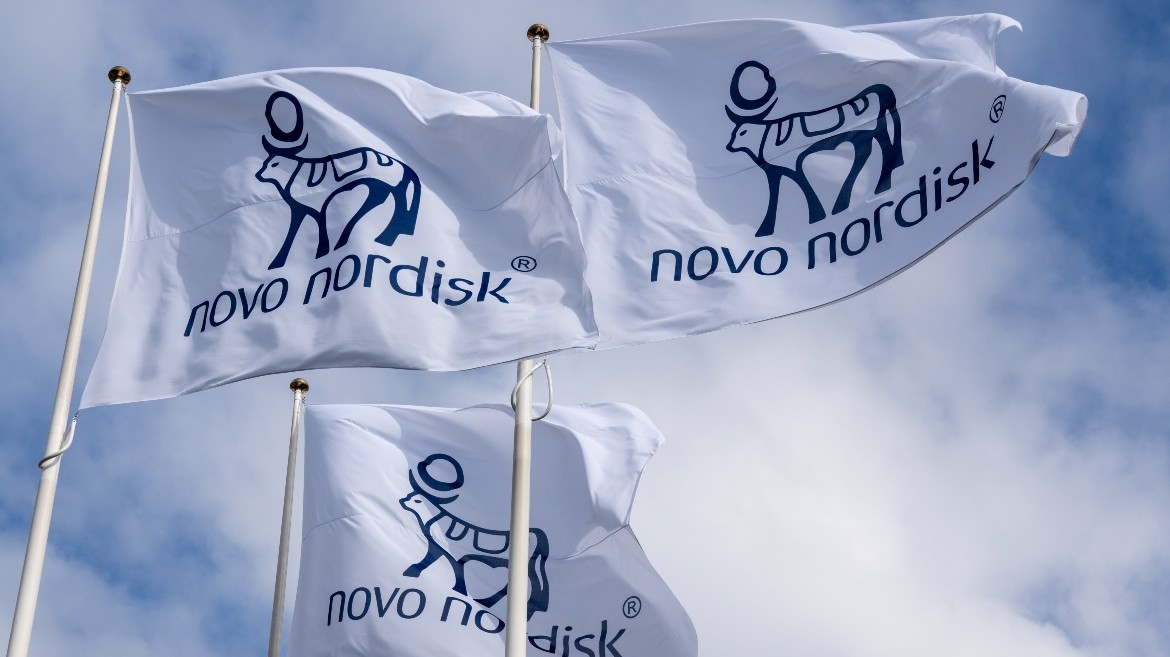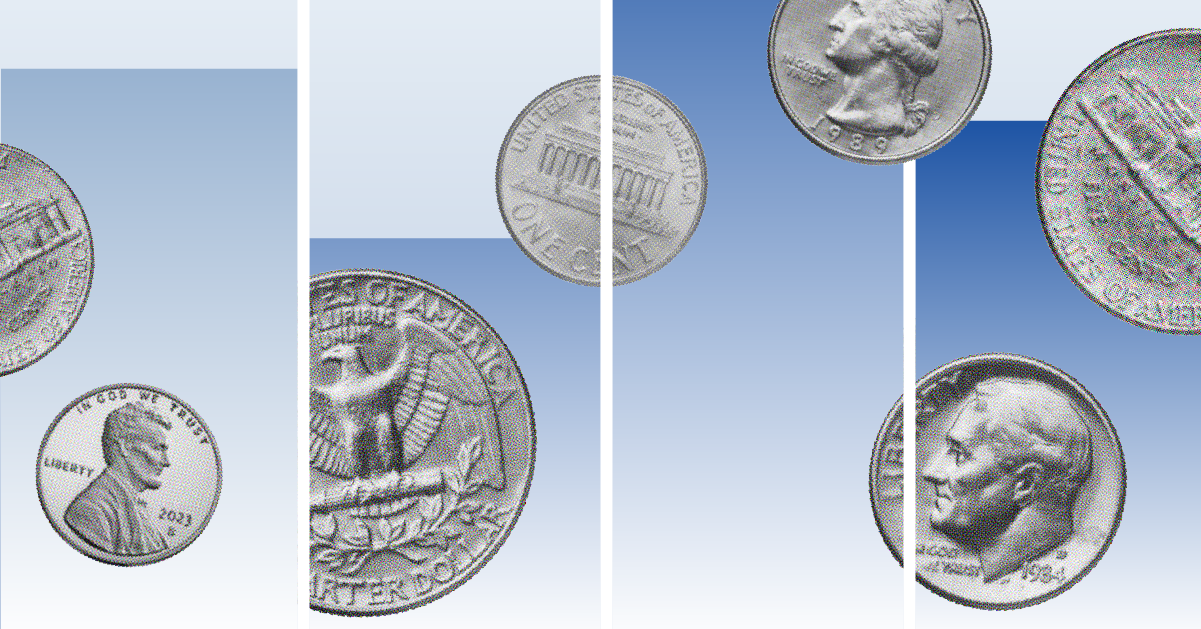Is your portfolio earning you the best possible rate of income? Are you prepared for this year's interest rate rise? We show you how to maximise yield and where to find dividend payers in our Guide to Income Investing.
Since the start of 2016, market volatility has dominated headlines and left investors increasingly concerned about wealth preservation. However such volatile conditions may represent a buying opportunity for long-term investors.
“Outside commodity sectors we have seen weakness in banks. However, elsewhere in the financial sector I have found plenty of opportunities in areas such as insurance, speciality lending and property. Pharmaceuticals, tobacco, support services, telecoms, defence-related companies, various financial services – all these also form the backbone of my funds,” Mark Barnett, manager of the Edinburgh Investment Trust (EDIN) said recently.
Morningstar’s rating for stocks can help investors uncover stocks that are truly undervalued, cutting through the market noise. The rating is determined by three factors, which are a stock’s current price, Morningstar’s estimate of the stock’s fair value, and the uncertainty rating of the fair value.
Five or four stars mean a stock is undervalued, while a three star rating means it is fairly valued. One and two stars stocks are deemed overvalued. Below we pick three undervalued stocks in the UK that Morningstar analysts rate five stars and four stars which also pay an above market-average yield.
Investors should note that a depressed share price automatically increases a stock’s yield, as the share price rises the yield will fall. Investors can expect total returns of capital growth and dividend payments from these stocks.
Centrica PLC (CNA)
Centrica is an integrated energy company based in the UK with operations that produce and supply natural gas and electricity. Its British Gas business unit is the largest residential supplier of natural gas and HVAC services in Britain. Centrica owns the Rough natural gas storage facility, representing 70% of the U.K.'s total storage capacity. Its North American Direct Energy unit, although growing rapidly, is smaller than British Gas but has a similar business model. Centrica is rated by Morningstar analyst as a five-star undervalued stock.
Despite the tumbling oil prices, Centrica reported its 2015 full-year earnings outlook remained in line with previous expectations, Morningstar analyst Charles Fishman said.
Centrica reiterated exploration and production capital expenditures of £800 million in 2015 and falling below £600 million next year. Centrica also indicated that it now expects its effective tax rate to be below 30%, well under our estimate of 40% and probably a large part of the reason Centrica is able to reaffirm its earnings and cash flow outlook even with depressed oil prices, Fishman says.
However, low electricity prices continue to pressure earnings from Centrica’s UK power plants. Also public concern about the environment has resulted in a significant move to renewables and conservation in the U.K., Fishman says. The U.K. government now realizes the high cost of offshore wind and could focus more attention on conservation. Electric and natural gas consumption is already reduced due to the lingering recession. Fishman thinks the additional focus could further diminish consumption. The decline would contract operating earnings at Centrica's downstream and upstream businesses.
Investors can keep an eye on Centrica on February 18, 2016, when Centrica plans to provide a more detailed update on strategic progress and key performance indicators it will use to track reporting segments under its reorganised group strategy.
Kingfisher PLC (KGF)
Kingfisher is Europe's largest home-improvement retail group and the third largest globally behind Lowe's and Home Depot. With 1,202 stores in nine countries in Europe and Asia at the end of fiscal 2014-15, Kingfisher generates annual sales of around £11 billion. Its main retail brands are B&Q and Screwfix in the UK and Castorama and Brico Depot in France. The firm also operates the Koctas brand, a 50% joint venture in Turkey with Koc Holding, and recently sold a majority stake in its China business to Wumei Holdings, a Chinese retailer. Kingfisher is an undervalued stock with a four-star rating.
The company's revenue is closely correlated with housing market data, particularly housing transactions, house prices and the relative level of house prices to household income. Business momentum in the UK is likely to gather further into 2015 as appetites for moving house and renovating recover from the financial crisis, Morningstar analyst Philip Gorham says. If the UK housing gathers pace, Gorham thinks Kingfisher can modestly beat consensus revenue estimates this year.
Also the company has developed better defences than most traditional retailers possess against the e-commerce channel. The strategy of Kingfisher to sell common products across its banners will allow it to finally exploit its scale and help strengthen it to become one of the cost leaders of the industry in Europe, Gorham says.
However Gorham expects the company to deliver on half of its cost saving targets. Also investors were sceptical about its ability to meet the target due to the company’s failure in the past.
Aviva PLC (AV.)
London-based Aviva is a leading provider of insurance, savings, and asset management products and services. The company offers life, health, and general insurance along with savings products to customers primarily domiciled in the United Kingdom, but also it conducts business in Europe, Canada, the United States, and Singapore. Following years of underperformance, Aviva has been restructuring its operations, divesting itself of complex and underperforming businesses, and reducing overall leverage. The stock is an undervalued stock, with a four-star Morningstar rating.
Aviva is well-positioned to grow in general insurance and traditional life business in its core markets, Morningstar analyst Vincent Lui says. The company now has a more streamlined structure, as well as the benefits from the integration with Friends Life, the multiline insurer, while becoming more U.K.-centric and thus having more concentrated country risk.
The company also showed positive signs of new sales growth in its core markets after the second quarter results, says Lui. In the U.K, excluding Friends Life, the value of new business of £335 million for the first new months was 13% higher than the same period last year, reflecting improved performance in pensions, which have been negatively affected by the new budgetary rules.
However, Lui thinks that a flagging European economy has had a negative impact on Aviva’s growth and operating profitability in the region. It is still exposed to the European market’s impact that changes in interest rates and movements in credit and equity markets can have on its investment portfolio. Changes in insurance laws, regulations, and policies may also have an adverse effect on Aviva's business.































